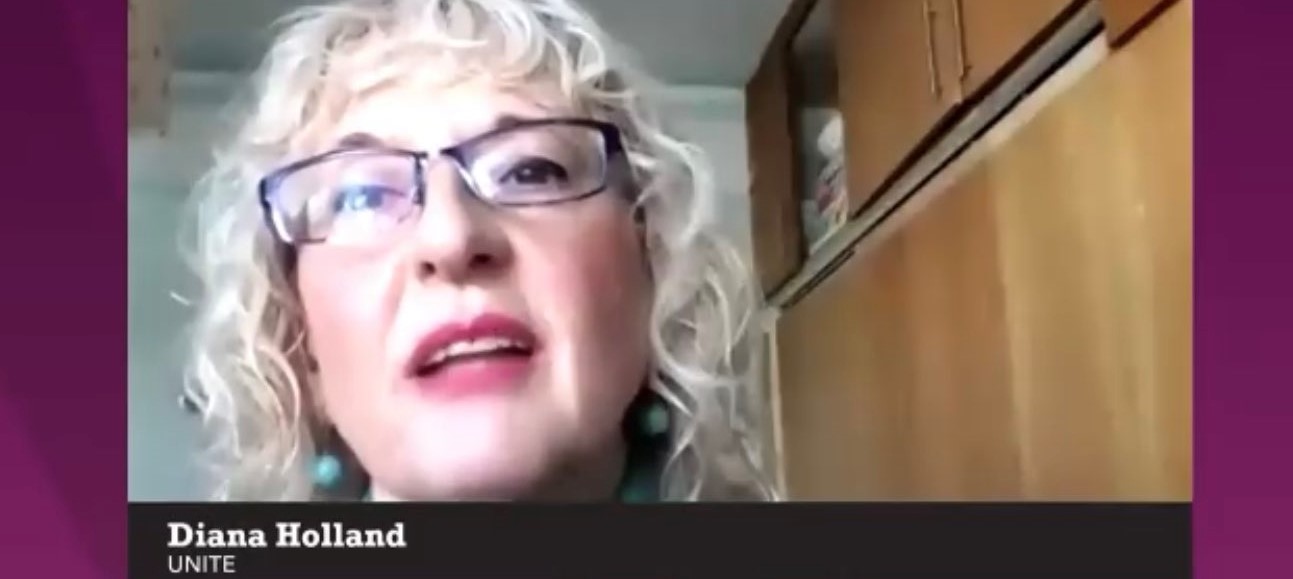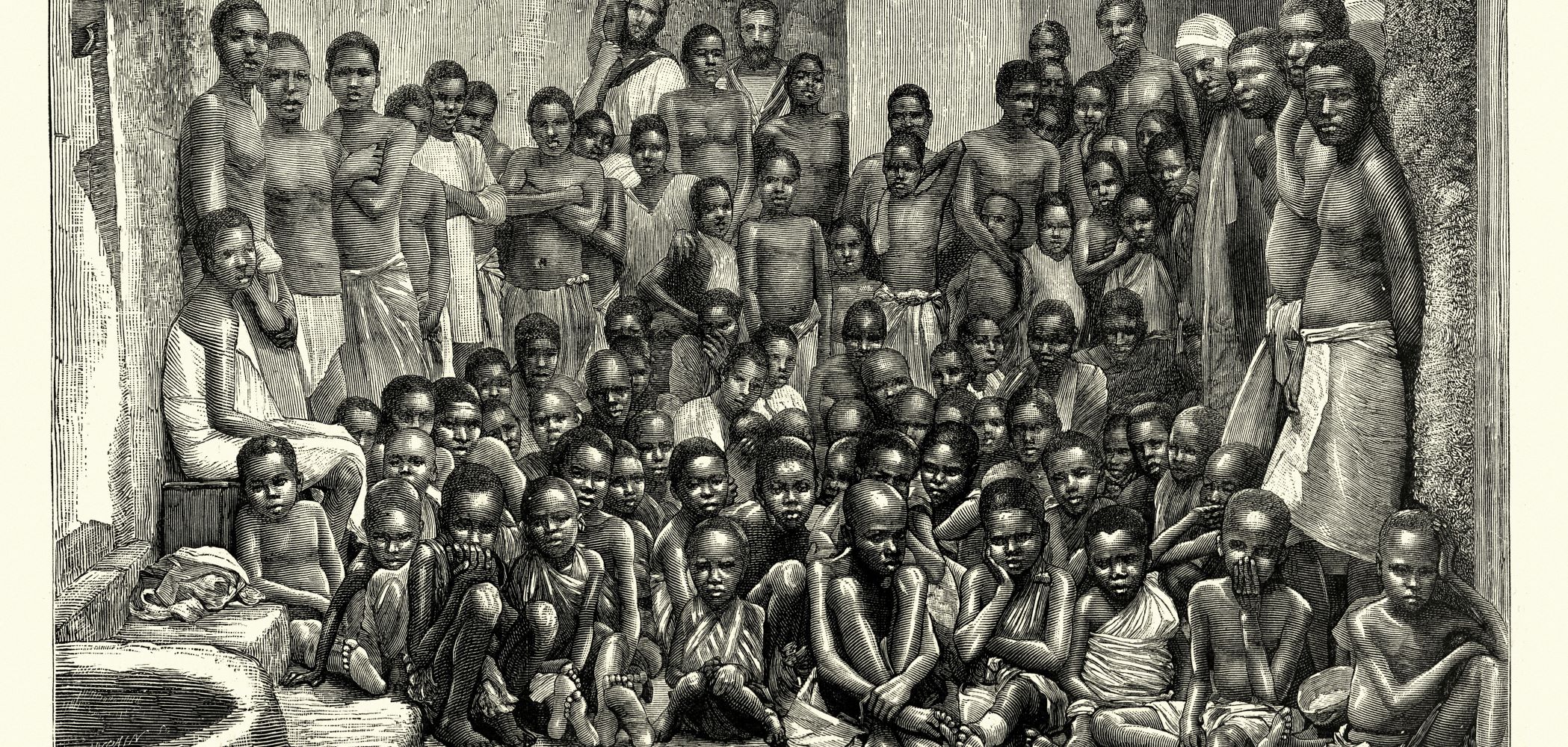Because change never comes from above
One hundred years ago was the beginning of equal rights for women in Britain. But the limited right to vote introduced in 1918 was not gifted to women by parliament, it was achieved by the heroic and courageous suffragettes, and those who fought with them, who forced the government to act.
Because change never comes from above. It has to be won by those who need and demand it.
Much media fanfare accompanied the celebrations of the anniversary of the Representation of the People Act. But as we also mark International Women’s Day, Unite equalities officer Siobhan Endean is clear that the fight for equality at work, in our wider society and internationally, goes well beyond women’s suffrage.
Which is why Unite’s purpose as a trade union, in standing up against injustice and inequality at work, is building women’s power in their workplaces, communities and in their union.
“Unite women have been standing for election to workplace rep and branch officer positions,” Siobhan said. “We can only achieve greater equality in our workplaces if our union is representative of the workforce.
“By building the biggest and most democratic structure of women we strengthen organisation and build Unite. Women’s voices are essential to changing our workplaces and our society.”
But one woman’s voice marking that suffrage milestone was striking for what it didn’t say.
Women and austerity
When prime minister Theresa May made a speech in Manchester, the birthplace of the women’s suffrage movement, it was as if the political party she leads had nothing to do with the economic policies that have hit women, ethnic minorities and families the hardest.
Diana Holland, Unite assistant general secretary for equalities, picks this up. “Women as workers and carers have faced an onslaught of government-led attacks on their rights, their finances and their security,” she said.
“We’ve had eight years of austerity, public sector cuts, job losses and the pay cap and some 86 per cent of the burden of that austerity has fallen on women, increasing women’s poverty.
“Where was the acknowledgement of this shameful, disproportionate impact on women’s lives?”
Theresa May also claimed the gender pay gap is at its smallest ever. The reality is it hasn’t really changed in 100 years. Women still earn on average 20 per cent less an hour than men and low pay is endemic in jobs done mainly by women, the kind of insecure jobs that dominate the so-called gig economy.
“Too many women are stuck in temporary, zero-hour or other unstable work and missing out on basic rights at work including rest breaks, paid holidays, and the right not to be sexually harassed,” says Siobhan Endean.
Unite equalities
When Britain’s second woman prime minister doesn’t speak for working women, there is an urgent need for more female MPs who do. Unite’s future candidates programme and the leadership training the union’s equalities committees provide are already having an impact on parliament’s green benches.
“Unite is actively helping and supporting women members to stand as councillors, MPs and for other positions in public life,” Siobhan explains. “Through the programme we’ve seen the election of Marsha de Cordova, Kate Osamor and Laura Pidcock – all former members of Unite’s equalities committees – to Parliament, so our work in encouraging women members to engage politically is already seeing progress. Power comes through who you take with you, which is why women’s leadership is key to Unite’s work.”
To this end, the annual Unite Women’s National Week includes a leadership course for women who want to build on their union involvement.
Unite has also put its equality agenda centre stage politically through the Labour party. All Unite’s equality policies were in Labour’s radical 2017 manifesto, including a commitment to give statutory rights for union equality reps, meaning they will finally have the time to protect workers.
Workers such as the predominantly women members in the hospitality sector, who Unite surveyed as part of the #notonthemenu campaign.
Some 93 per cent of respondents said they had experienced harassment first hand.
This campaign links directly to Unite’s work with a number of international trade union federations, including the IUF which brings together food, farm and hotel workers worldwide, and is making a real difference to women workers across the globe.
Unite is also working with the International Transport Workers Federation in developing a common negotiating position with employers on violence against women transport workers, and with European transport workers on a training package for the workplace with women from unions in Bulgaria, France and the Netherlands. And internationally, with the global TUC, Unite is campaigning for a strong new international ILO (International Labour Organisation) standard on violence and harassment in the world of work.
And staying on the international stage, Siobhan raises the Brexit process.
“Where are working women’s voices on Brexit? What will be the impact of Brexit on women’s jobs? What sort of trade deals do we want? Will they involve equality impact assessments?”
“These are difficult, divisive and dangerous times across our world. Now is the time to celebrate the achievements of Unite women and all trade union women,” believes Diana Holland.
“From the early Ascott Martyrs who won the right to picket and the women chainmakers who achieved the first minimum wage, to the Ford machinists and speech therapists who transformed our equal pay rights, and the migrant domestic workers who won rights in place of slavery – nothing handed to us on a plate, all won through struggle.
“International Women’s Day (March 8) is our day to celebrate and to join with women hotel workers and others campaigning against sexual harassment. In the words of women 100 years ago, we must â€right these wrongs’ and in the words of today we must continue the struggle â€for the many not the few.’”
This feature first appeared in Unite Works – latest edition out soon!
 Like
Like Follow
Follow


